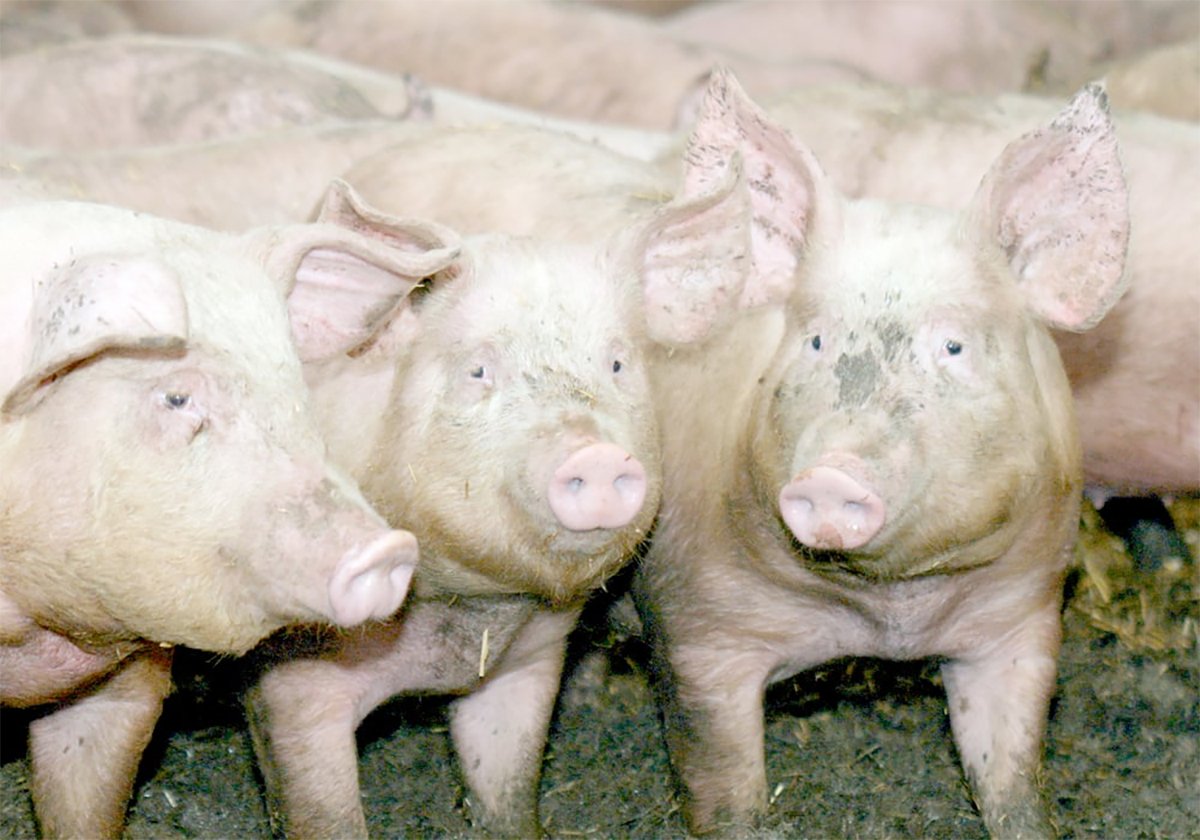EDMONTON – Two genomics projects will soon allow beef and hog producers to know which animals are more feed efficient and less susceptible to money-sapping diseases.
Successful mapping of the pig and cattle genomes now makes it possible for scientists to search genes for feed efficiency and disease susceptibility, says Genome Alberta president David Bailey.
“This is really game changing technology,” he said after announcing $20 million in funding for the projects.
Scientists can use DNA samples submitted by livestock breeders to identify animals that have less chance of being sick, and more chance of gaining faster.
Read Also

The Western Producer Livestock Report – October 2, 2025
Western Producer Livestock Report for October 2, 2025. See U.S. & Canadian hog prices, Canadian bison & lamb market data and sale insight.
“Now you can say these animals have these genes and we know these animals will be more efficient in its feed consumption and that trait is heritable,” said Bailey.
“If you start to reduce the cost of production by saying these hogs are more efficient than others, we’ve already made big savings.”
Graham Plaistow from the University of Alberta, John Harding from the University of Saskatchewan and Bob Kemp from PigGen Canada will lead the $12.4 million research project in hogs.
Researchers will look at a host of diseases and heritable factors but will concentrate on trying to reduce the impact of two of the most common diseases in commercial pig production: porcine circovirus associated disease and porcine respiratory and reproductive syndrome.
Stephen Miller of the University of Guelph and former Alberta researcher Stephen Moore, now director of the Centre for Animal Science at the University of Queensland, will lead the $8.2 million beef project.
Their projects will target traits that are difficult to improve through con-v entional means and study the potential market barriers for adoption of these genomic technologies.
Bailey said the project proposals have been in the works for four years. It was important Canada-led genomics research to help make Canadian livestock producers more competitive, he added.
“We want to know what makes an animal grow faster, what animals more fertile than others,” he said. “There are many, many traits they’re looking at.”
















